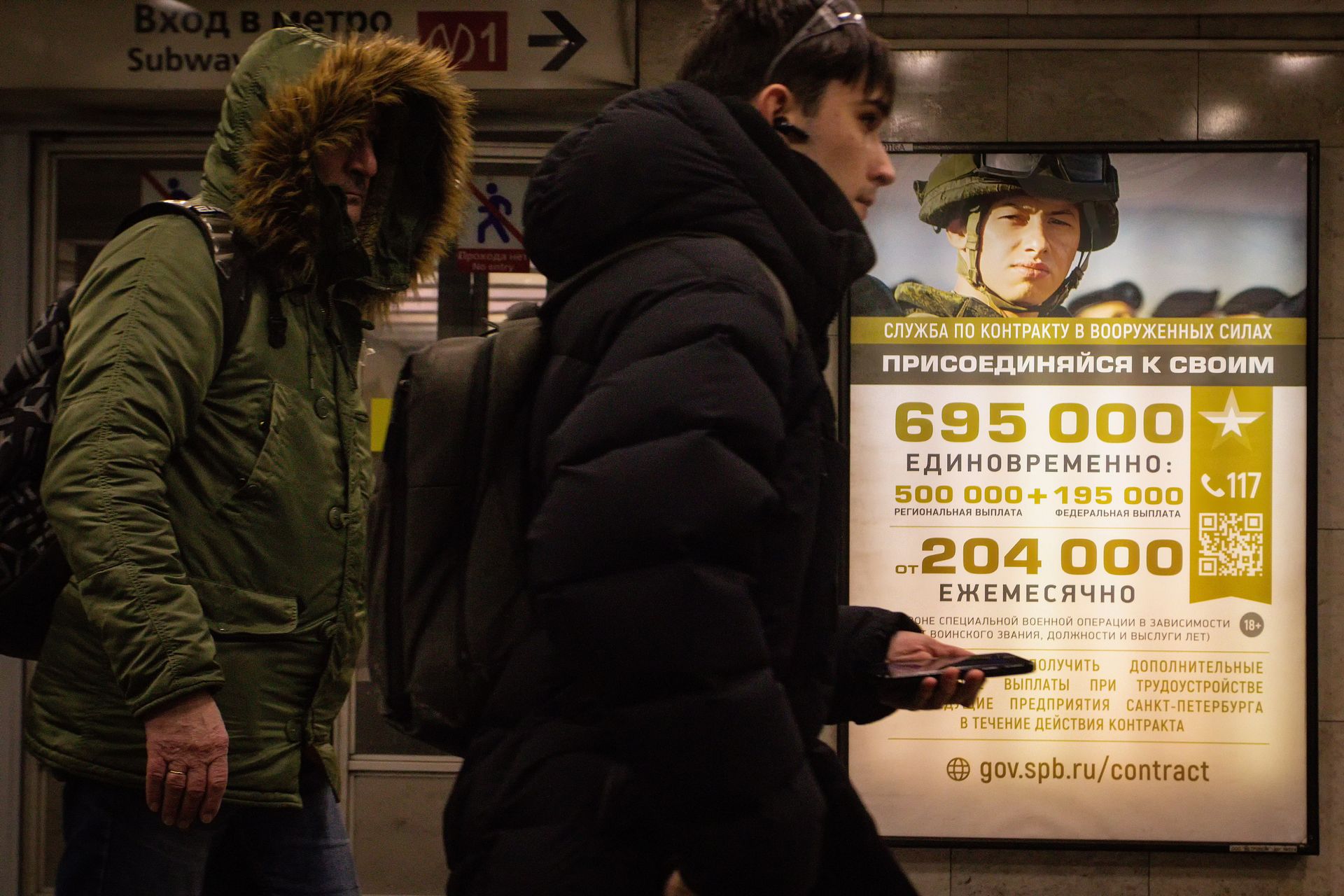US may provide intelligence, air defense assets to European peacekeepers in Ukraine, FT reports

The United States is prepared to back a European-led peacekeeping contingent in postwar Ukraine by contributing intelligence assets, air defense support, and battlefield oversight, the Financial Times (FT) reported on Aug. 26, citing European and Ukrainian officials.
Ukrainian, U.S., and European officials have been leading talks on postwar security guarantees for Kyiv in an effort to prepare for a possible peace deal with Russia. Some plans floated have included an allied peacekeeping force on the ground backed by U.S. air support.
Senior U.S. officials have said in multiple discussions that Washington is ready to provide "strategic enablers" to a European-led peacekeeping contingent, four officials briefed on the discussions told the FT.
These "strategic enablers" reportedly include intelligence, surveillance, and reconnaissance (ISR), command and control, and air defense assets.
Air defense support for Ukraine would involve U.S. aircraft, logistics, and ground-based radar facilitating a no-fly zone enforced by Europe, officials said.
Officials said Washington's proposal relies on European countries committing tens of thousands of troops to postwar Ukraine and said the offer could still be revoked.
In a statement responding to FT's request for comment, the Pentagon said the reported security commitments "are pre-decisional, and the defense department will not comment on pre-decisional topics."
According to the officials who spoke to the FT, a rough outline for a postwar security plan involves a demilitarized zone that would possibly be monitored by neutral peacekeeping troops from a country agreed upon by both Russia and Ukraine.
Beyond that, a stronger border would be defended by Ukrainian forces trained by NATO militaries. European peacekeepers would monitor a border deeper within Ukraine as a third line of defense. U.S. assets would support these forces from the rear.
President Volodymyr Zelensky's chief of staff, Andriy Yermak, told the FT that current security discussions focus several European brigades "on the ground, provided by coalition of the willing, plus 'strategic enablers' from the U.S."
The possibility of these U.S. contributions mark "a big change from the spring," Yermak said, calling the recent meeting Zelensky and European leaders held with U.S. President Donald Trump "a breakthrough point."
Washington "can provide the backbone that makes the whole security and deterrence architecture work," he said.
Trump has repeatedly said that no U.S. troops will be deployed as part of a postwar peacekeeping force in Ukraine. He said on Aug. 20 that the U.S. would be involved in supporting security guarantees, likely by lending air support.
Members of the so-called "coalition of the willing" — a group of Ukraine's allies, led by France and the U.K., committed to providing security guarantees to prevent a future Russian invasion after a ceasefire — have pledged to lend equipment, logistics support, and troops to Kyiv.
The coalition has stressed that in order for security guarantees to be effective, the U.S. must lend its support to any peacekeeping plan.
Politico reported on Aug. 20 that Pentagon officials have insisted the U.S. will play a minimal role in postwar security guarantees for Ukraine. "The U.S. is not fully committed to anything," one NATO diplomat said.
Russia has also voiced its opposition to the idea of foreign peacekeeping troops in Ukraine. Russian Foreign Minister Sergey Lavrov said stationing European soldiers in Ukraine would amount to "foreign military intervention" and said that security guarantees for Ukraine cannot be discussed without Russia's participation.













